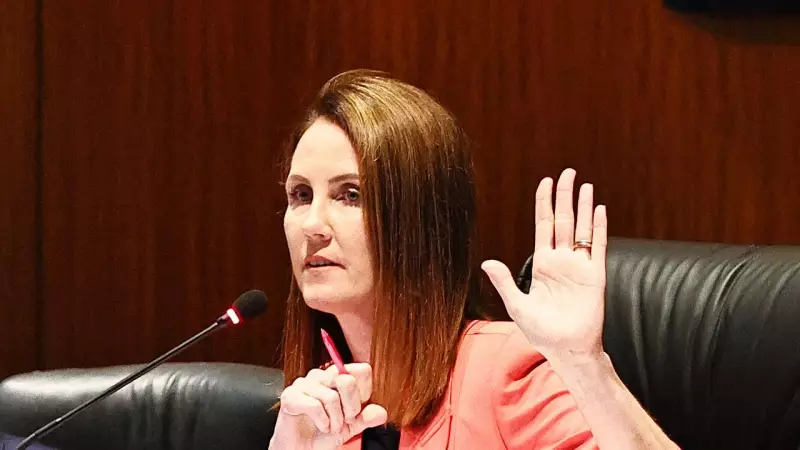
In a move that's ignited debate across Far North Queensland, the regional council has defended its decision to slash the frequency of environmental data reporting from annual to every two years.
Efficiency or Opaqueness?
Mayor Michael Kerr insists the change represents a "more efficient" approach to environmental monitoring, arguing that biennial reporting provides sufficient oversight while reducing administrative burdens. "We're not reducing our commitment to environmental stewardship," Kerr emphasised, "we're simply streamlining our processes."
The council leader pointed to ongoing daily monitoring activities that continue unaffected, suggesting the annual reporting cycle had become unnecessarily resource-intensive.
Transparency Concerns Surface
However, environmental advocates and transparency watchdogs have raised eyebrows at the timing and implications of the decision. Critics argue that less frequent reporting could allow environmental issues to develop undetected for longer periods, potentially delaying crucial interventions.
"When you're dealing with environmental protection, timely data is everything," one local conservationist commented anonymously. "Two years is an eternity when monitoring ecosystem changes."
The Data Dilemma
The council's environmental reports traditionally covered critical metrics including:
- Water quality across regional catchments
- Waste management and recycling statistics
- Conservation land management outcomes
- Climate adaptation progress
While the mayor maintains that essential monitoring continues daily, the reduced public reporting frequency marks a significant shift in how environmental performance reaches community stakeholders.
Balancing Act
The controversy highlights the ongoing tension between bureaucratic efficiency and public transparency in local government. As councils nationwide face increasing budget pressures, such decisions about reporting frequency are likely to become more common.
"It's about finding the right balance," Mayor Kerr stated, "between responsible resource management and maintaining public confidence in our environmental oversight."
The council's next environmental report, now scheduled for 2025, will be closely watched by both supporters and critics of the new reporting regime.






